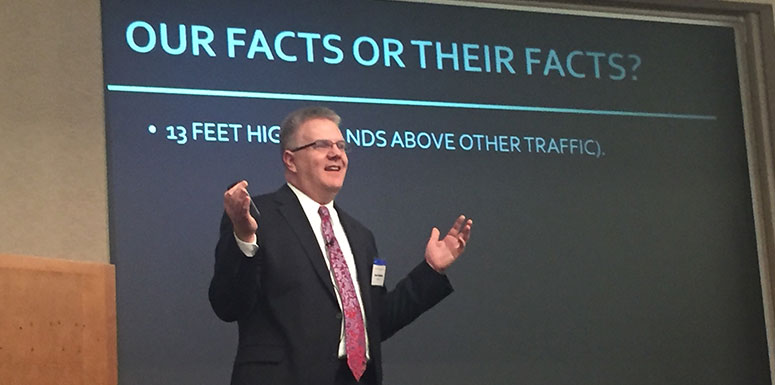
November 29, 2017
3 Types of Distracted Driving in Wisconsin
When authorities and safety organizations talk about distracted driving, they are speaking to a number of actions that draw a driver’s attention away from the road in various ways. Distracted driving is a broad category of behavior that can mean various things, including mental, physical, or visual distractions. It is not just cell phone use or fiddling with a radio, though these are major culprits.
If you were in a car accident that you believe was caused by a distracted driver, you should speak with a Wisconsin car accident lawyer from Studinski Law, LLC as soon as possible. There are many ways for a driver to be distracted, and your best chance of recovering the compensation you deserve is to work with an attorney who will investigate your accident, determine what went wrong, and gather the evidence necessary to prove the other driver’s inattention.
For more information on how distracted driving may be responsible for your injuries, contact Studinski Law, LLC online, or call us at (715) 343-2850.
3 Types of Distracted Driving
There are three different types of distracted driving that occur in Wisconsin and across the country:
- Cognitive Distraction- Sometimes drivers have their hands on the wheel, their eyes on the road, and their minds elsewhere. Proper hand placement and physically looking ahead are little help if an individual is not focused on driving and the road ahead of them. When drivers are daydreaming, driving on autopilot, or simply thinking about something or someone else, they are more likely to make mistakes or not recognize an upcoming hazard. It can be difficult to prove that someone was cognitively distracted. However, this is often combined with a visual or manual distraction, or with a traffic violation. Individuals who are not concentrating on driving are more likely to speed, blow a stop sign, or not yield the right of way.
- Visual Distraction- This is often what people think of when they discuss distracted driving. During any type of visual distraction, a driver’s eyes are on something other than the road in front of them. They may be looking at their mobile phone, reading, or looking around the vehicle for something. They could also be gawking at something or someone on the side of the road. It may feel like they are looking away for only a short period of time, but one second of this can translate to dozens of feet on the road. By the time a driver looks up, they may begin to brake much later to avoid a collision than they would have if they had been visually paying attention the entire time.
- Manual Distraction- Drivers should have both of their hands on the wheel at all times, except if they drive a manual, in which case they may occasionally use one of their hands to shift. In either case, the driver’s hands remain active in the physical task of driving. Manual distraction occurs when a driver does something with their hands outside of driving, like holding a cup of coffee, texting, or reaching into their bag for something. When their hands are not both on the wheel, this increases the chance that the driver will not make an appropriate maneuver in time or will over-correct when they notice a hazard. Using one hand, or worse – a knee – on the wheel also increases the likelihood of the wheel slipping and the driver losing control.
Were You Hurt in a Distracted Driving Crash?
If you or a loved one were injured in a car accident caused by one or more types of distracted driving, call our experienced, respectful, and compassionate personal injury attorneys at Studinski Law, LLC for help. We will make your case a priority. Whether you are dealing with an insurance company or need help filing a lawsuit against the other driver, we are here to protect your rights and fight for you to receive the compensation you deserve under the law.
To learn about your rights and legal options after a car accident, contact us online or call us at (715) 343-2850 to schedule a free initial consultation.
More Legal Articles For You...

November 29, 2017

November 29, 2017

